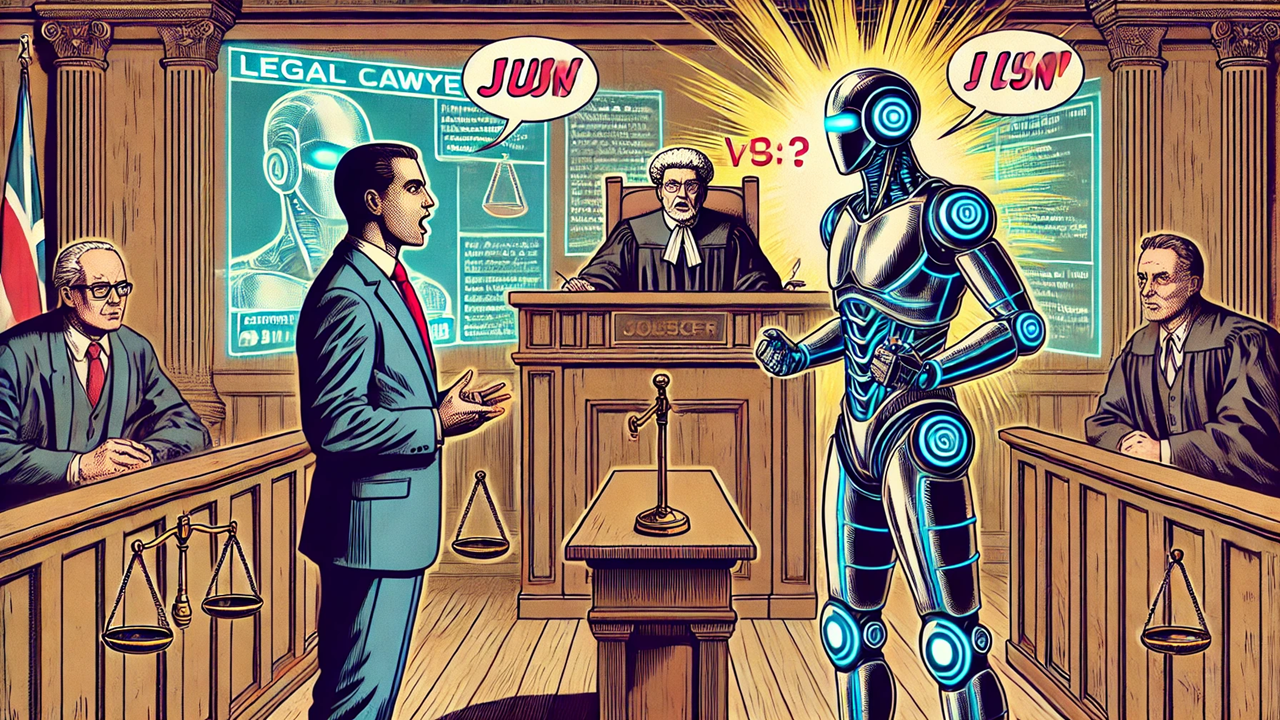“My dear Miss Glory, the Robots are not people. Mechanically they are more perfect than we are; they have an enormously developed intelligence, but they have no soul.”
With that quote from R.U.R. (Rossum’s Universal Robots), a 1920 science fiction play by Czech writer Karel Čapek, U.S. District Judge Kai N. Scott, in the Eastern District of Pennsylvania, eases us into yet another instance of a lawyer in trouble for filing hallucinated cases.
It was just two days ago that I wrote about another such case, one in which the judge let the lawyer off the hook, calling his citation errors an “honest mistake.”
Not so in this case, where the judge, having concluded that the lawyer, Raja Rajan, “outsourced his job to an algorithm,” imposed a $2,500 sanction and ordered him to complete a CLE program on AI and legal ethics, all for violating Rule 11 of the Federal Rules of Civil Procedure, which requires lawyers to certify the veracity of their court filings.
“[U]nlike the cases Mr. Rajan cited, Rule 11 is not artificial; it imposes a real duty on lawyers — not on algorithms — to ‘Stop, Think, Investigate and Research’ before filing papers either to initiate a suit or to conduct the litigation,'” the judge wrote, quoting a 1987 case from the 3rd U.S. Circuit Court of Appeals.
An All Too Familiar Story
The back story is by now familiar, thanks to a lengthening litany of similar cases. After Rajan filed two motions, the court “was perplexed” to see that two cases could not be found in any legal research tool.
Rajan also cited two cases for propositions completely unrelated to the points of law they decided, and he cited another two cases that were no longer good law.
When Judge Scott ordered Rajan to show cause why he should not be disciplined, Rajan told the court that “never in [his] wildest dreams” would he have predicted that AI would provide artificial cases.
He told the court that, while he had previously used Casetext to help him review briefs, in this instance, he used ChatGPT for the first time, and never thought it would manufacture artificial cases to support the outcomes he desired.
“Far from reasonably inquiring into the legal contentions contained in his briefs, Mr. Rajan blindly trusted an algorithm he had never used before,” the judge wrote.
“He conducted no research into ChatGPT’s efficacy as a legal tool, no research into its reliability as compared to the Case Text (sic) program, and worst of all, no independent research into the legal cases that were cited.”
Added the judge: “This Court recognizes that technology is always evolving, and legal research tools are no exception. But if approached without prudential scrutiny, use of artificial intelligence can turn into outright negligence.”
In this case, the just emphasized, the lawyer’s negligence was in his failure to verify the cases he cited.
“There is nothing in Rule 11 that specifically prohibits reliance on AI for research assistance, but Rule 11 does make clear that the signing attorney is the final auditor for all legal and factual claims contained in their motions.”
For these reasons, the judge sanctioned Rajan by ordering him to pay a penalty of $2,500 and complete a one-hour CLE-credited seminar or educational program related to both AI and legal ethics.
Full opinion: Bunce v. Visual Technology Innovations, Inc., E.D. Pa. 23-cv-01740 (Feb. 27, 2025.
 Robert Ambrogi Blog
Robert Ambrogi Blog